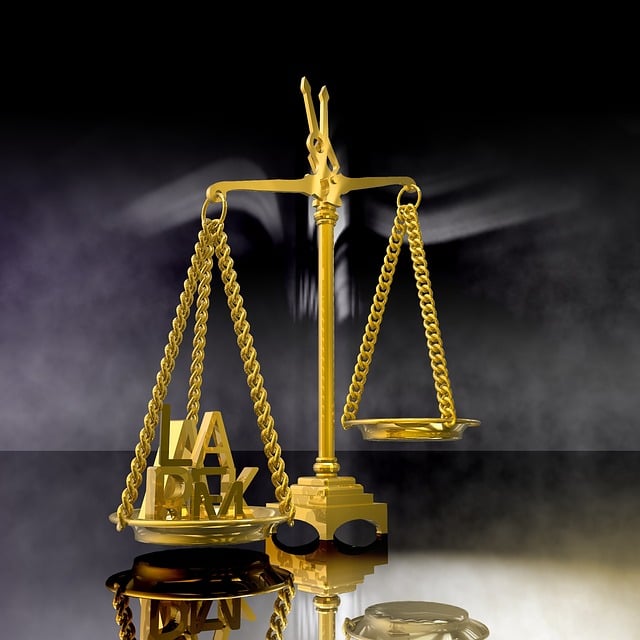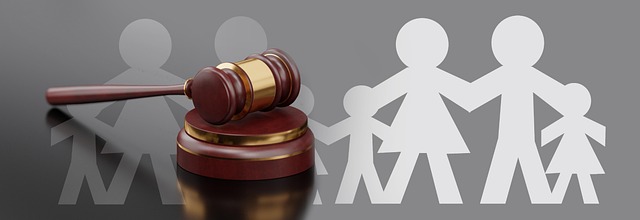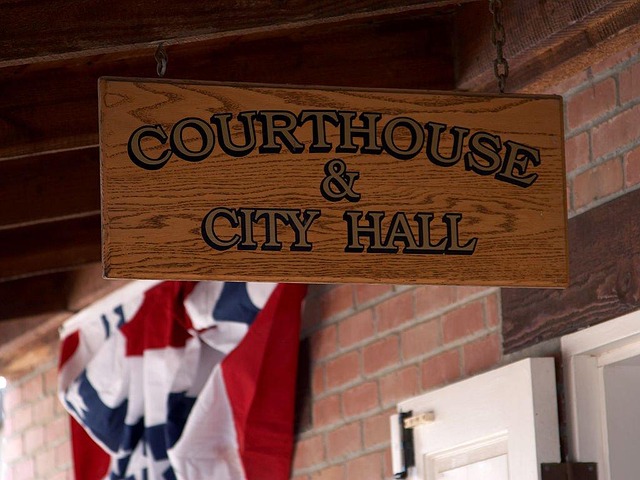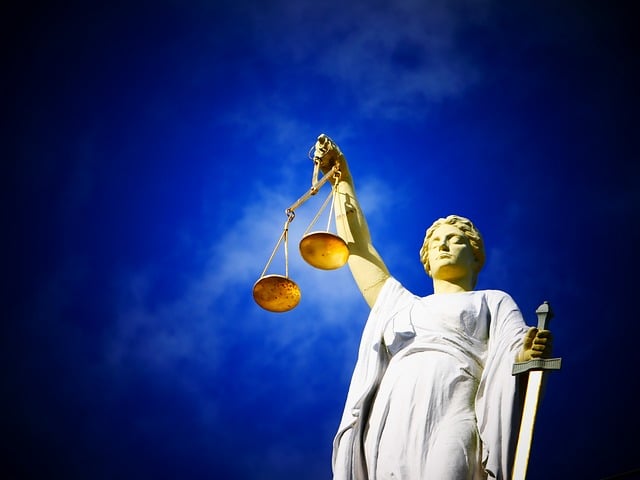Whistleblower protection laws, crucial for promoting transparency and accountability in organizations, are closely scrutinized during the Class Action Lawsuit Settlement Process Explained. This process, which consolidates individual claims against corporate wrongdoers, empowers whistleblowers against potential retaliation while seeking collective redress. Key steps include whistleblowers coming forward, filing complaints, negotiations or trials, and court-approved settlements that can lead to substantial financial compensations. Notable cases like data privacy scandals and fraudulent practices have left a significant impact on corporate governance, enhancing transparency across sectors like finance and technology.
“Uncovering the Power of Whistleblower Protection Lawsuits: A Comprehensive Guide. In today’s legal landscape, understanding whistleblower protection laws is paramount for safeguarding individuals who expose corporate misconduct. This article explores the intricate world of class action lawsuits, their pivotal role in protecting whistleblowers, and the step-by-step settlement process. From the initial filing to the distribution of compensation, we demystify this journey. Additionally, we present case studies of notable settlements, shedding light on successful strategies for both whistleblowers and legal advocates.”
- Understanding Whistleblower Protection Laws
- The Role of Class Action Lawsuits in Protecting Whistleblowers
- Settlement Process: From Filing to Compensation
- Case Studies: Notable Whistleblower Protection Settlement Cases
Understanding Whistleblower Protection Laws
Whistleblower protection laws are designed to safeguard individuals who expose illegal or unethical activities within their organizations from potential retaliation. These laws recognize the vital role that whistleblowers play in promoting transparency and accountability, ensuring they are protected from adverse employment actions like termination, demotion, or harassment. Understanding these protections is crucial for both whistleblowers and employers, especially when considering a Class Action Lawsuit Settlement Process Explained.
In cases involving general criminal defense, white collar and economic crimes, recognizing a whistleblower’s rights can help avoid indictment by fostering a culture of compliance and ethical behavior. This not only safeguards the individual but also promotes a healthier, more accountable corporate environment, ultimately deterring future misconduct.
The Role of Class Action Lawsuits in Protecting Whistleblowers
Class Action Lawsuits play a pivotal role in safeguarding whistleblowers who expose corporate wrongdoing or illegal activities within their respective businesses. These legal mechanisms provide a powerful tool for protecting individuals who, despite facing potential retaliation and even the threat of indictment, dare to speak up against unethical practices. By banding together as a class, whistleblowers can pool resources and share the financial burden of litigation, making it easier to challenge corporate giants in court.
The Class Action Lawsuit Settlement Process Explained involves several steps: identification of the harm, aggregation of affected individuals, filing a lawsuit, discovery, negotiation, and ultimately, settlement. This process allows for collective redress, ensuring that corporate and individual clients are held accountable for their actions. It also discourages future misconduct by demonstrating the significant consequences of violating whistleblower protection laws.
Settlement Process: From Filing to Compensation
The class action lawsuit settlement process for whistleblower cases involves several key steps, from initial filing to final compensation. It begins when a whistleblower or group of whistleblowers come forward with evidence of wrongdoing within an organization, often involving fraud, environmental harm, or public health violations. They file a complaint in court, alleging violations of federal or state laws designed to protect whistleblowers. This triggers a legal process aimed at resolving the case either through settlement negotiations or a trial.
During the settlement process, both parties—the whistleblower(s) and the organization they accused—engage in discussions facilitated by a judge or mediator. These talks focus on several aspects: determining the validity of the allegations, assessing potential damages, and negotiating an agreement that ensures fair compensation for the whistleblower while also considering the financial health and legal position of the accused entity. Once a settlement is reached, it must be approved by a court to ensure it meets the criteria for fairness and reasonableness, especially in general criminal defense cases where the stakes can be high. The successful resolution often leads to significant compensation, with proceeds sometimes channeled into philanthropic and political communities as a form of redemption or public service.
Case Studies: Notable Whistleblower Protection Settlement Cases
Whistleblower protection lawsuits have seen some significant case studies, with notable settlements shaping legal precedents and influencing changes in corporate practices. One prominent example is a class action lawsuit settlement where employees of a major tech company exposed internal policies that violated data privacy laws. This case not only resulted in substantial financial compensation for the whistleblowers but also led to comprehensive policy reforms, ensuring better protection of user data across the country.
Another compelling instance involves an individual who blew the whistle on fraudulent financial practices within a prominent investment bank. Through a well-litigated class action lawsuit, the whistleblower not only secured a substantial settlement but also prompted regulatory interventions that enhanced transparency and accountability in the financial sector. These settlements send powerful messages to organizations, highlighting the importance of ethical conduct and the potential consequences of engaging in illicit activities, fostering trust within the general criminal defense and philanthropic and political communities.
Whistleblower protection lawsuits, particularly through class action settlements, play a pivotal role in ensuring individuals who expose corporate or governmental wrongdoing are compensated fairly. By understanding the intricacies of whistleblower protection laws and the settlement process, those with valuable information can effectively navigate their legal options. This comprehensive guide offers a clearer path forward for whistleblowers, fostering a culture of accountability and transparency within organizations. For those contemplating their next steps, recognizing the potential for class action lawsuit settlements can empower them to take a stand against injustice while pursuing much-needed justice.






